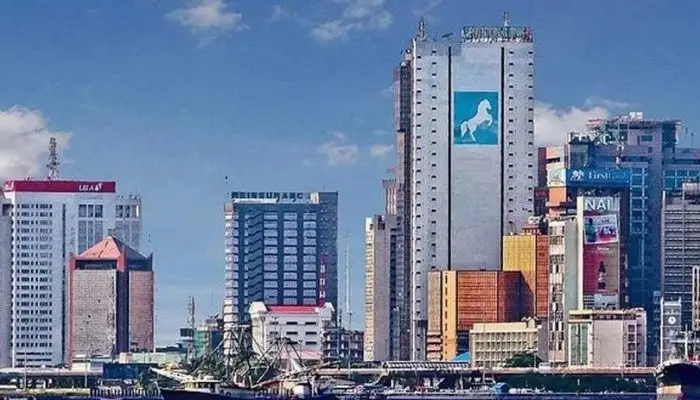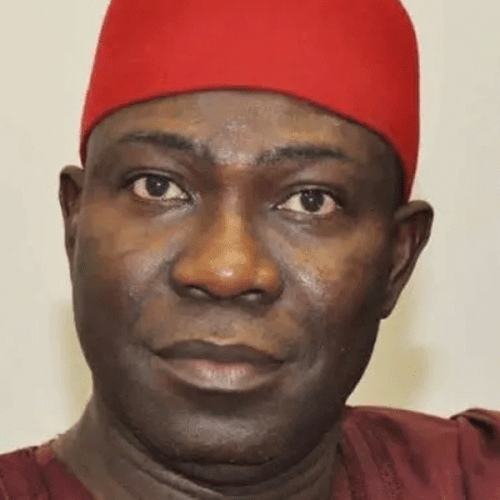The total assets of lead ing deposit money banks operating in Nigeria rose to N87.25 trillion in the first quarter ended March 31, 2023, up by 17.8 percent from N74.07 trillion in the corresponding period in 2022.
The banks are Zenith Bank Plc, Access Holdings Plc, United Bank for Africa (UBA) Plc, Guaranty Trust Holding Company (GTCo) Plc, FBN Holdings Plc, Fidelity Bank Plc, Unity Bank Plc and Union Bank of Nigeria (UBN) Plc. Others are Stanbic IBTC Holdings Plc, Ecobank Transnational Incorporated (ETI) Plc, FCMB Group and Wema Bank Plc.
Vanguard findings from the bank’s assets showed that the tier-1 banks have maintained significant lead in terms of the asset size.
On the top five in the category, Access Holdings Plc emerged the biggest bank in asset size as its total assets for the period stood at N15.74 trillion, followed by Zenith Bank Plc with N13.36 trillion assets size. ETI placed third with N13.24 trillion,UBA and FBN Holdings Plc emerged fourth and fifth with N11.36 trillion and N11.09 trillion respectively.
Zenith Bank Plc, however, topped in percentage terms as it grew its assets by 29.5 percent to N13.36 trillion from N10.32 trillion in the corresponding period in 2022. UBA Plc trailed behind with 27.8 percent growth to N11.36 trillion from N8.89 trillion in 2022.
FCMB Group was the next as its assets grew by 25 percent to N3.1 trillion from N2.48 trillion in the corresponding period in 2022; GTCo recorded a 22.5 percent increase to N6.74 trillion from N5.5 trillion in 2022; Wema Bank’s assets rose by 21.3 percent to N1.54 trillion from N1.27 trillion, while FBN Holdings Plc recorded a 20.4 percent increase to N11.09 trillion at the end of the review period from N9.21 trillion in the corresponding period in 2022.
Unity Bank Plc recorded a 25.5 percent decline to N440 billion from N591 billion in the same period in 2022. Fitch ratings had said in a report titled: “Nigerian Banks Have Sufficient Buffers to Withstand Prevailing Macro Challenges”, that the restructuring of Ghana’s sovereign debt will add to asset-quality pressure at Nigeria’s largest five banking groups.
Source: Vanguard
















